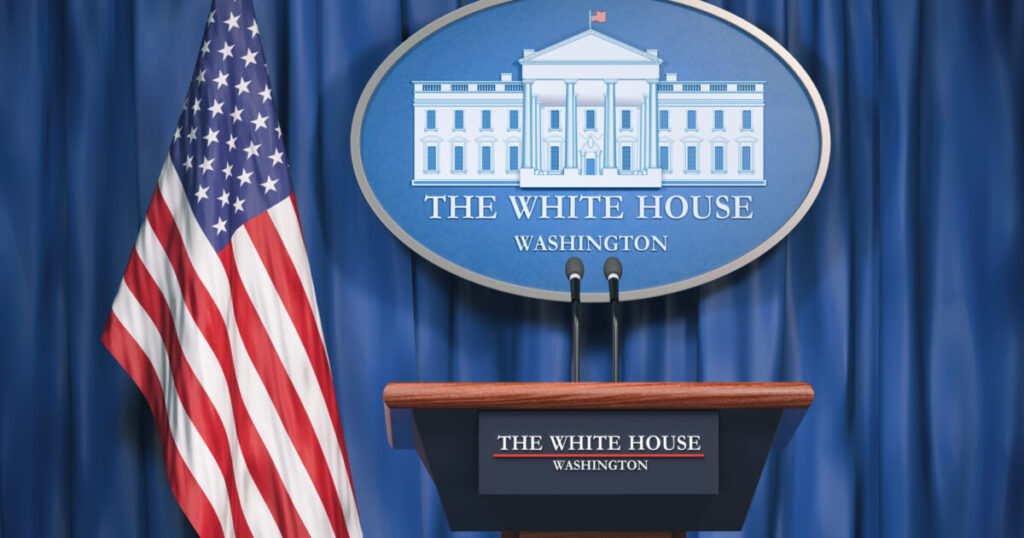In an effort to safeguard the public as artificial intelligence develops quickly, the US government released new regulations on Thursday that call for greater prudence and openness from federal agencies that use the technology. However, the new policy also includes measures to support AI innovation in government organizations when the technology can be applied to the public interest.
With the implementation of its new government AI policy, the US intends to take the lead globally. The government intends for the policies to “serve as a model for global action,” Vice President Kamala Harris stated during a news briefing prior to the announcement. In regards to the employment of AI by the government, she declared that the US “will continue to call on all nations to follow our lead and put the public interest first.”
The federal government will employ AI in accordance with the new White House Office of Management and Budget strategy. It also advocates for increased technological development inside federal agencies and increased transparency about the government’s use of AI. With this approach, the administration is attempting to address existential challenges like disease and climate change while also attempting to mitigate the unknown hazards associated with a deeper usage of AI.
The announcement is the latest in a line of actions taken by the Biden administration to both embrace and control AI. In the interest of national security, President Biden signed a comprehensive executive order on artificial intelligence in October that will encourage the government to use AI technology more extensively while requiring individuals who create massive AI models to report their activities to the government.
In November, the US, the UK, China, and other EU countries signed a declaration acknowledging the risks associated with the rapid advancement of AI while also urging international cooperation. Harris disclosed a nonbinding statement on the military’s use of AI that week, which was signed by 31 countries. It requests that systems that exhibit “unintended behavior” be turned off and establishes basic safeguards.
The US government’s new AI policy, which was unveiled on Thursday, requires agencies to take a number of actions to guard against unforeseen outcomes when using AI. Agency verification is the first step in ensuring that the AI systems they employ do not endanger Americans. For instance, in order to utilize AI at its facilities, the Department of Veterans Affairs must confirm that the system does not provide diagnoses that are biased towards any particular race. According to research, AI systems and other algorithms that are used to determine a patient’s eligibility for care or to guide a diagnosis can perpetuate long-standing discriminatory practices.
An agency is required to either cease utilizing the AI system or provide justification for its continued usage if it is unable to ensure such protections. US agencies have until December 1st to meet these new criteria.
The policy also mandates agencies to make government-owned AI models, data, and code publicly available, provided that doing so does not endanger the public or the government. This increases transparency about government AI systems. Every year, agencies are required to disclose to the public how they use AI, what risks the systems can pose, and how they are reducing those risks.
The new regulations also mandate that federal agencies choose a chief AI officer to manage the use of AI throughout the agency and to strengthen their AI expertise. This position is all about encouraging AI innovation while keeping an eye out for any risks.
Officials claim that some of the obstacles to the use of AI in federal agencies will also be lifted by the revisions, which could lead to more responsible AI experimentation. The technology can assist organizations in mapping the spread of illness, forecasting extreme weather, reviewing damage after natural catastrophes, and managing air traffic.
Countries are taking action to regulate AI worldwide. The EU formally enacted the AI Act earlier this month after voting in favor of passing the legislation in December, which regulates the development and application of AI technologies. China is also developing extensive regulations pertaining to AI.








